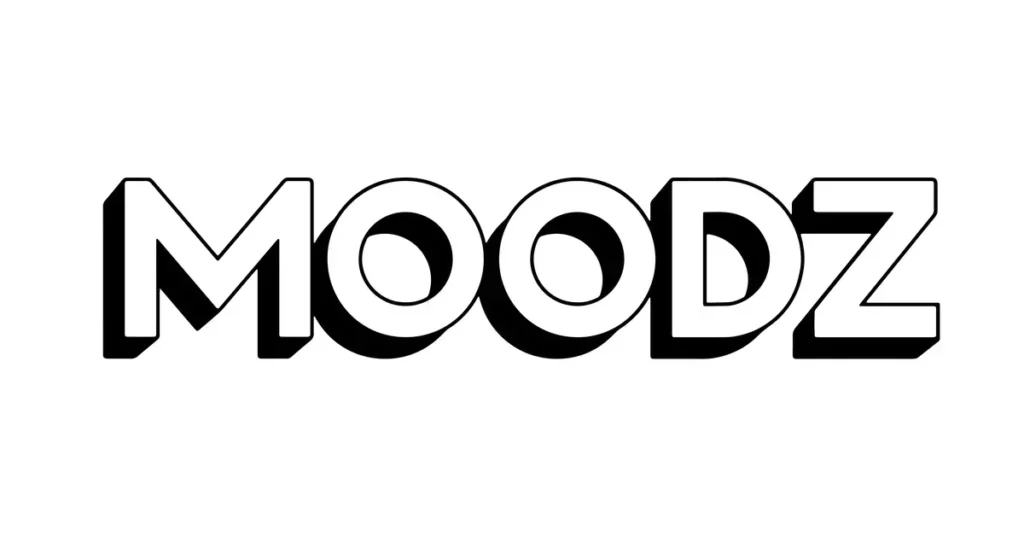Today, corporate social responsibility (CSR) is more than just a marketing trend. More and more companies, whatever their size, are taking the plunge. CSR is also an opportunity for small businesses. Here’s how it works.
Businesses large and small are keen to contribute to the ecological transition and to become players in today’s societal challenges. In a 2018 study by Bpi France, 90% of managers of small and medium-sized enterprises (SMEs) or intermediate-sized companies (Eti) said they were carrying out actions linked to corporate social responsibility CSR. So while small-business leaders don’t hold back for size’s sake, CSR is within everyone’s reach!
A quick reminder: the European Commission defines CSR as the voluntary act by companies to integrate social and environmental concerns into their business activities and in their relations with their stakeholders.
Based on three pillars – economic, social and environmental – CSR is defined by the ISO 26000 standard, which guides companies in implementing a CSR approach.
The advantages of adopting a CSR approach

Being a responsible company is good for your brand image and can help to raise your profile, particularly with job applicants. Indeed, young people are increasingly concerned by issues of social responsibility. Adopting a CSR policy not only boosts a company’s employer brand, but also its reputation with customers and prospects, and could even become a differentiating factor when bidding on a tender, for example.
CSR also helps to strengthen employees’ sense of belonging, if you take the trouble to involve them in the project.
A small company will benefit from the same advantages as a large one, as long as the CSR actions launched are in line with its raison d’être.
How to launch a CSR initiative
Developing a CSR policy is a long-term process, not a fleeting marketing stunt. First of all, managers need to diagnose their ecosystem (employees, service providers, suppliers, customers, regions).
Once this has been established, an appropriate action plan can be drawn up, covering the various aspects of CSR, or one in particular.
It’s a question of clearly identifying the areas in which you’ll be most effective: being realistic is a sine qua non for the success of your CSR project. As is the importance of federating employees around the approach, which cannot work without their support, however numerous they may be.
What CSR actions?
There is no single CSR approach, nor is there a universal recipe: it depends on the company, its owner, its DNA…
The most important thing is to believe in your project as a manager, to build it in line with your own values and those of your company, and to know how to adapt your actions to your possibilities and expectations.
There are many examples of CSR actions:
- Improving good social practices
– Offer your team CSR training, to encourage them to adopt this approach and at the same time offer your employees a chance to improve their skills.
– Take care of your employees’ well-being, by making their daily lives easier: friendly management, a suitable work environment, encouraging them to get active by providing a gym…
- Reduce your ecological footprint
– Encourage teleworking, which eliminates commuting and reduces dailyCO2 emissions.
– Compare offers from different suppliers and choose the most virtuous ones.
– Encourage the adoption of environmentally-friendly modes of transport, by providing employees with electric vehicles or promoting car-pooling.
- Commitment to social issues
– Work to ensure the defense of diversity, gender equality and inclusion in all its actions with employees, customers and partners.
Today, adopting a CSR approach is no longer the prerogative of large companies. Everyone, at their own level, can and sometimes already does CSR, without realizing it.
The most important thing is not to restrict ourselves, and to realize that, however modest, every company has a role to play in our society, and represents a potential lever to help it evolve, and even improve.

“CSR is at the very heart of our DNA”.
– Charlotte Bregeon of Moodz, Connecteur member
Launched in 2019, Moodz is now one of the first menstrual panties companies on the French market. The boom in e-commerce during the Covid-19 crisis helped Moodz to grow, even though it now faces competition from major textile groups surfing the trend towards eco-friendly menstrual protection. With a staff of 10 working in Paris and Biarritz, Moodz is a small company, but one that takes on major CSR challenges on a daily basis.
“We’ve never asked ourselves how to do CSR specifically. In essence, Moodz is a responsible company, responding to a societal and health need: to invent and offer healthy, ecological sanitary protection”, explains Charlotte Bregeon, Head of operations. Moodz also produces 95% of its garments in Europe, using certified organic materials.
Her commitment goes even further: “Although our products have a certain cost linked to their quality, we want them to remain accessible to as many people as possible,” continues Charlotte. With this in mind, we work in collaboration with high schools, associations and town halls to organize distribution operations, particularly for young people or people in precarious menstrual situations”.
At Moodz, CSR is above all a matter of conviction.
